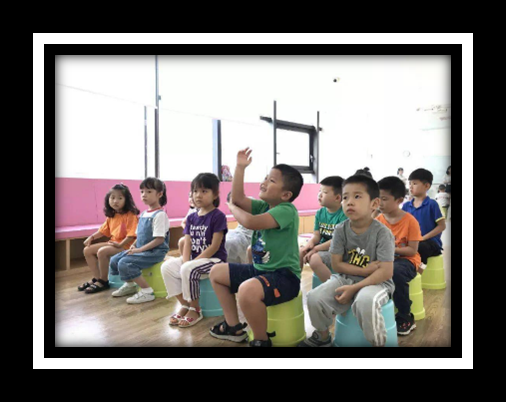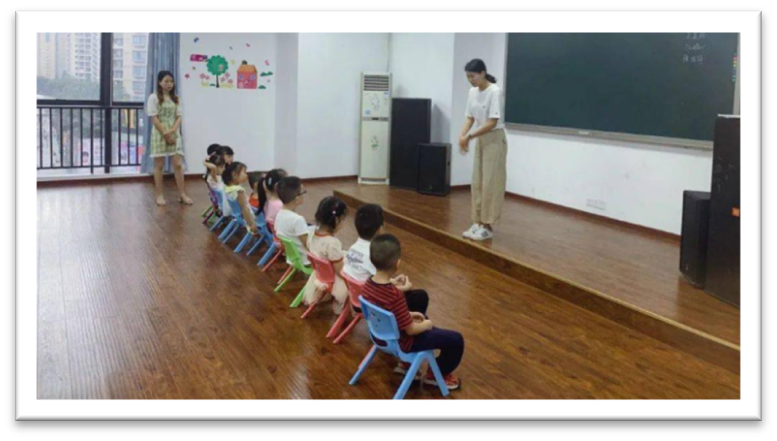Recently, many parents have been asking questions about Singaporean children’s Chinese reading and writing thinking abilities, including those who are still in the pinyin stage at a young age and those who are already proficient in literacy and want to advance to the writing stage.
Chinese, as our mother tongue, has a long history and profound cultural heritage. For me, learning Chinese is not only about its inherent beauty, but also about taking us to explore the vast ocean of knowledge.
Regardless of any subject, to learn it well, one must first understand the underlying logic of learning, and Chinese is no exception, which will not be affected no matter how the environment changes.

As long as we fully understand the laws of learning and flexibly allocate learning resources and tools, even the most difficult knowledge can be simplified and easily mastered.
Which child doesn’t read Tang poetry? Regardless of whether parents are paying attention or not, kindergartens will more or less lead their children to learn Tang poetry for recitation.
But for children, the enlightenment of Chinese language, more important than these ancient classics and cultures, lies in the enlightenment of logic and language. Sometimes a child’s ability to express themselves is not just a matter of language, but rather the establishment of logic.
So the most important field to establish logic through language is the family. It is not an exaggeration to say that logical thinking lags behind and other subjects are not well studied, which is why.
So, when we say that big Chinese is important, it’s not that a certain knowledge point is important, but that the logical system established by language to understand and express the world is very important.
It is interesting that although I have done a lot of research on the enlightenment of Chinese language, what children spend time on in their daily lives is actually English, which seems to take the most time.
Why does this phenomenon occur? Saying that Chinese is the most important, but also focusing on English?
In fact, the enlightenment of Chinese language in the early days did not require strict planning of time and form, and could be fully integrated with daily living. There’s no need to say: Baby, let’s start learning Chinese now and then start studying seriously.
Every chat, every discussion of problems, and every parent-child reading together are all the gradual steps of Chinese enlightenment. Ensuring the quality of these times can help children establish a good foundation for communication. This is also why I say that Chinese enlightenment is the most important, but it is not limited to form, and daily life can be permeated with every detail.
As a foreign language, English learning requires dedicated time to learn and practice. Of course, this is because we need to learn a craft and specialize in learning English, while the infiltration of our mother tongue is more important, and the perception of daily details is more important.
Although the language development order of each child is not so balanced, with some occurring first and then, by the age of seven or eight, the difference in children’s language expression ability is not due to innate development.
At the age of seven or eight, when a child enters school, the entire learning becomes systematic and the social proportion greatly increases. At this time, language expression ability is actually a manifestation of the results of enlightenment.
We shouldn’t always force our children to read and memorize, and don’t always wonder, “Why do we do the teacher’s reading clock in homework on time every day, and why do children’s language expression skills still not meet expectations?” Even parents instinctively face such problems by enrolling in another eloquence class for training.

The improvement of Singaporean children’s Chinese reading and writing thinking abilities relies on the use of real environments to stimulate energy, which means that language is alive. Reading only textbooks and only listening to classes makes it difficult for children to improve without extensive access and habits.
Can we recall the time we spend with our children every day? Have we consciously asked our children to tell a complete story, talk about interesting things, or tell us a joke we saw? Have you discussed any issues and expressed different perspectives with him?
The enlightenment of Chinese language is most closely related to our lives. Let’s think about it, every time we take our children to the park to observe animals and plants, every time we have family gatherings due to holidays, and every time we travel, we actually integrate our traditional culture.
If Chinese language learning is isolated and treated as a discipline or a technology, it is actually impossible to learn the essence and appreciate the beauty of this culture.
So, for Singaporean children’s Chinese reading and writing thinking abilities, the role of two extracurricular classes every Monday is limited, and what extracurricular classes can do is completely achievable in daily families.
As long as you persist, the effect will definitely not be bad.
